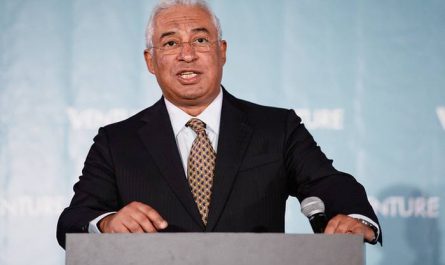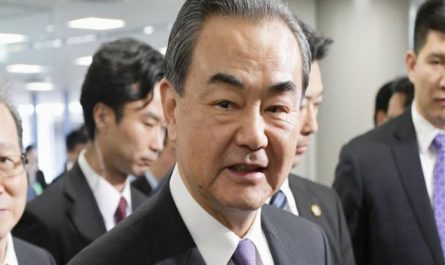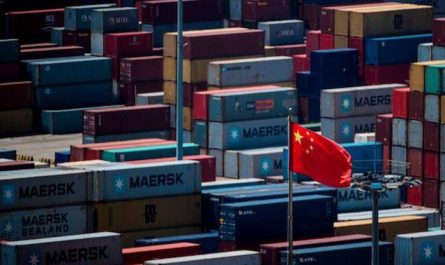The Macau government has extended gaming concessions for MGM China and SJM Holdings until 2022, bringing them on par with other operators, local authorities announced early today (Friday).
The government said the MGM and SJM’s licenses, set to expire in 2020, would be extended for another two years with both operators required to pay a one-off fee of MOP200 million (USD25 million).
Shares in MGM jumped 10 percent while those in SJM rose over 5 percent after resuming trading following the announcement.
The new contracts with units of respectively SJM Holdings and MGM China were signed this morning, according to the government. MGM China is the Macau unit of U.S.-based casino operator MGM Resorts International.
“We are grateful for the support of the Macau government to have authorized and extended our sub-concession to now align with the rest of the market,” a cheery Jim Murren, chairman and chief executive officer of MGM Resorts said from Vegas.
In a press release today, Murren reaffirmed his commitment to the Macau operation for the long-term. “As the region continues to grow into an international leisure and tourism destination, MGM China remains committed to supporting this vision,” he added.
In a filing to the HKSE, also today, the SJM Holdings board said the concession extension represented “an important development” for the company as it is now placed “in the same position as the other concessionaires when the Macau government considers inviting tenders for the next round of gaming concessions”.
For the extension of the concession(s), SJM Holdings and MGM China will each have to pay MOP200 million to the government as compensation.
Other conditions of the deal require the two gaming operators to join the city’s “Non-mandatory central provident fund system” and to establish what is termed a “Labour creditor’s rights protection fund” – as encouraged among the city’s employers under local legislation passed in 2015 – within three months from the date of the signing of the new contracts.
Under the labor creditor’s rights protection fund, SJM Holdings is required to provide a bank guarantee of not less than MOP3.5 billion to the Macau government “to warrant the fulfilment of an already existing commitment of labor liabilities after the expiry of the concession extension contract”. In the case of MGM China, the company is required to provide a bank guarantee of at least MOP820 million.
The agreement also states that the government may require from each of the companies an increase to the amount of that stated guarantee, depending on the number of eligible employees hired by them.
In the release, the government said the extension of the SJM Holdings and MGM China licenses was in order to align the concession terms of the city’s six operators. That would “benefit” preparatory work to “launch the next public tender” to grant new concessions, it stated.
The Macau authorities said they would do “more in-depth studies” on how to improve the city’s gaming framework, which would likely entail a revision of Law No. 16/2001.
Macau gaming law states that the concessions of the existing holders can be extended for a maximum of up to five years from the 20-year term. However, once a gaming concession contract expires, any new concession would have to be granted via an international public tender.
In a note issued after the announcement, analyst Grant Govertsen of Union Gaming Securities Asia Ltd, anticipated there would be a new public tender process – as also anticipated by some experts on Macau law – “at some point towards the middle of the next decade” under a different Macau administration from the current one, and that “all of the Macau Big Six” would “remain in Macau”.
Such a timeline for a public tender assumes an extension to the licenses of the six incumbent operators would only occur after what will now be the common expiry date of 2022 for existing rights.
Macau’s other operators are Sands China, Wynn Macau, Galaxy Entertainment and Melco Resorts & Entertainment.
“We also expect a seventh (or eighth) concession could materialise in part to clean up the service provider casino construct,” added Govertsen, as quoted by GGR Asia.
The local gaming news agency sees that as “a reference to the system of so-called service-provider agreements where third-party owners of typically small- or medium-sized hotels have been able to piggyback on the gaming license of one of the existing concessionaires and offer casino gaming. The boss of one satellite operator called last year for local entities to be involved in any fresh public tender process for Macau rights.”



